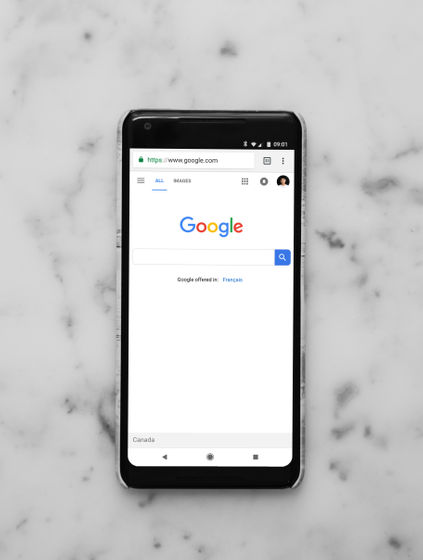Antitrust trial over Google ads begins, authorities accuse Google of 'trinity monopoly'

By
The antitrust lawsuit over Google's market dominance was held in the U.S. District Court for the Eastern District of Virginia on September 9, 2024, and both the Department of Justice, a coalition of state attorneys general, and Google made opening statements. In them, the authorities harshly criticized Google for dominating both the buying and selling sides of advertising and the advertising market itself.
Google faces new antitrust trial after ruling declaring search engine a monopoly | AP News
https://apnews.com/article/google-antitrust-ad-tech-virginia-opening-7a19f525287f782609a5316b1fdb08f0
Google aimed to control web ad tech, US prosecutor says as trial begins | Reuters
https://www.reuters.com/technology/googles-antitrust-trial-over-online-advertising-set-begin-2024-09-09/
Google's case in the Department of Justice ad tech lawsuit
https://blog.google/outreach-initiatives/public-policy/google-ad-tech-sept-2024/
DOJ claims Google has “trifecta of monopolies” on Day 1 of ad tech trial | Ars Technica
https://arstechnica.com/tech-policy/2024/09/doj-claims-google-has-trifecta-of-monopolies-on-day-1-of-ad-tech-trial/
On September 9th, about a month after the August 2024trial in which Google was found to have engaged in monopolistic practices in the search market, a lawsuit was filed against Google by the U.S. Department of Justice and the attorneys general of eight states, including Virginia, alleging a monopoly in advertising technology.

In
Specifically, Google has built a monopoly on technology that matches online publishers with advertisers, and because it has a monopoly on both the buyer and seller sides, it can earn up to $36 (about 5,360 yen) in profits for every $100 (about 14,900 yen) spent on advertising.
The Justice Department said these anticompetitive practices controlled advertising prices, reducing revenues for website creators while increasing spending for advertisers.
'One monopoly would be bad enough, but here we have three monopolies,' said Julia Tarver Wood, a lawyer for the Department of Justice.
Google argues that it competes in the market by offering tools that benefit both ad buyers and sellers, and points out that the Justice Department's allegations are based on 'old history' when Google was still working to allow its own tools to connect with those of its competitors.

Google said its tools are already interoperable with those of its rivals, and that it faces competition from Amazon and Comcast as digital ad dollars shift to apps and streaming services.
'This case is like a time capsule that will contain BlackBerry phones, iPods and Blockbuster membership cards,' said Karen Dunn, Google's lead counsel.
In response, Tim Wolf, an advertising executive at American newspaper publisher Gannett, who was called as a witness by the Department of Justice, said, 'We cannot give up the access to the vast number of advertisers that Google brings to our ad transactions. Gannett has used Google's publisher ad server for 13 years and feels that we have no choice but to continue using Google's ad tech products.' He testified that even a company like Gannett, which publishes more than 100 well-known daily newspapers such as USA Today, is subject to Google's market monopoly.
Google reportedly avoided a jury trial by writing a check to the Justice Department in advance to pay damages, leaving it to Judge Leonie Brinkema to decide whether Google's advertising practices constitute a monopoly.
A ruling is expected within the next few weeks.
Related Posts:
in Web Service, Posted by log1l_ks







